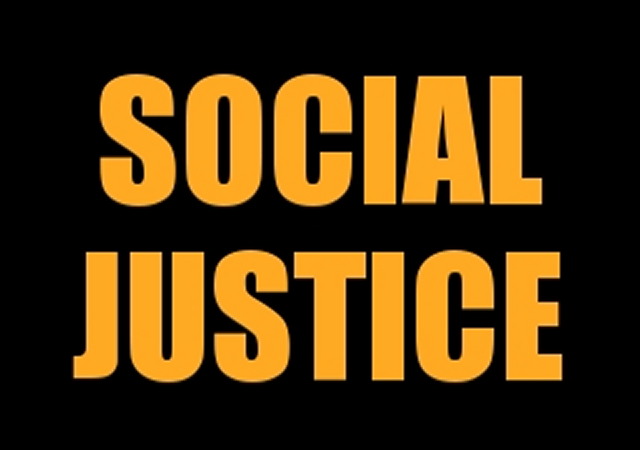Some Universities Now Adopting ‘Trauma-Informed Teaching’ Model
“Trauma is not coincidental. It’s connected to larger power structures and systems”

This has nothing to do with the serious pursuit of scholarship.
Campus Reform reports:
Rising popularity of ‘trauma-informed teaching’ contributes to intellectually intolerant campus climates
Since COVID-19 and the resurgence of Black Lives Matter in 2020, the use of the phrase “trauma-informed teaching” in higher education has skyrocketed.
Professor Janice Carello, who wrote a book and runs a frequently referenced website on the subject, told Campus Reform the increase isn’t surprising.
“The increased interest makes sense considering ongoing conversations in higher education about the mental health and wellbeing of college students and faculty, and also considering the progress being made by statewide trauma-informed policy and practice initiatives,” she said.
Multiple semesters of online education and disruptive restrictions did leave students feeling isolated and stressed, as surveys indicate. But “trauma-informed” practices often do more than dealing empathetically with students’ real struggles.
“Unlike approaches that focus on individual behavior change, trauma-informed approaches also involve change at the system and cultural level,” Carello explains.
At the University of London, self-reported racial trauma can get students due date extensions. At La Salle University, school administration canceled classes to fight racism through a “Rest as Resistance” day, arguing that “racism is a trauma on our bodies.”
For many educators, these aspects are key to being trauma-informed. Carello notes that trauma-informed teaching is similar to other “anti-oppressive” best practices, like “safe spaces” and “pedagogy of discomfort.”
This ideologically-driven approach to trauma is taught at many universities across the country, who have sponsored workshops that teach professors how to implement it in their classrooms.
During one Oct. 21 “Feminist Trauma-Informed Pedagogies” workshop at Penn State, Women’s Studies Professor Jill Wood explained that students are drawn to her classes because they are “a place where we make meaning of systematic forms of oppression that individually display as trauma.”
“Trauma is not coincidental. It’s connected to larger power structures and systems,” she said, adding that she tries to help students connect their experiences to “larger theoretical frameworks.”
 DONATE
DONATE
Donations tax deductible
to the full extent allowed by law.








Comments
Everyone MUST be a victim.
Accept this, or else!
The universities adopt this ideologically driven approach to education and then wonder why their graduates turn out to be intolerant ideologues.
When will US students – serious ones – start attending universities in India, Japan, Thailand….
What happens to these students when they get out into the real world?
They get high paying jobs in the diversity bureaucracies that exist in every government agency and all the biggest companies. There, the pretense of math works just fine, since the numbers produced are only intended to support the agenda anyway.
To a snowflake, a scented aromatherapy candle is trauma.
It may very well be that those for whom new ideas create “trauma” should avoid the university altogether. There are lots of ways to make a living in which new ideas are only rarely encountered. Many of these jobs involve actual physical trauma. It’s the best of both worlds- trauma around every corner and blissful ignorance. Cheaper too!
Certainly we shall see one of these delicate flowers from these fake schools get a Nobel prize soon.